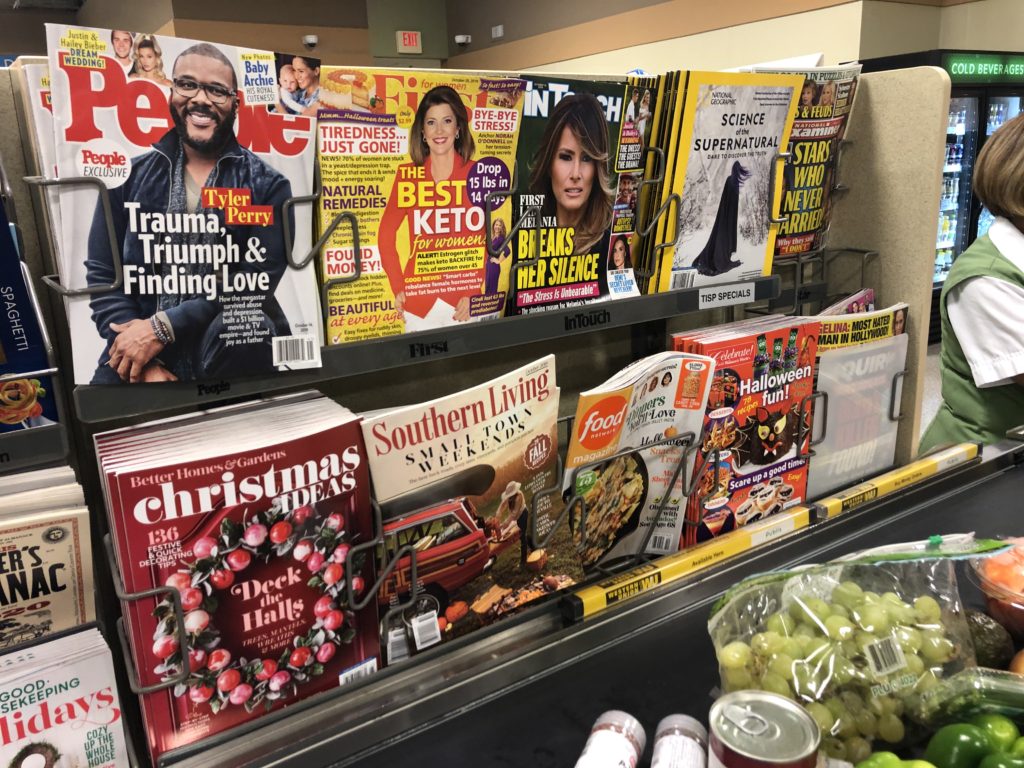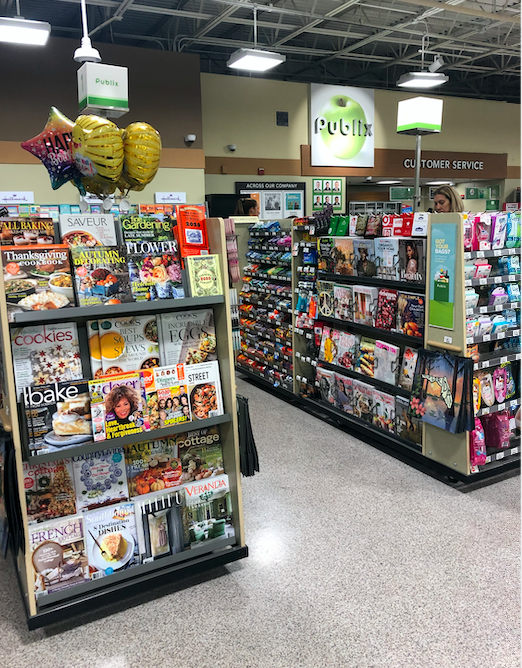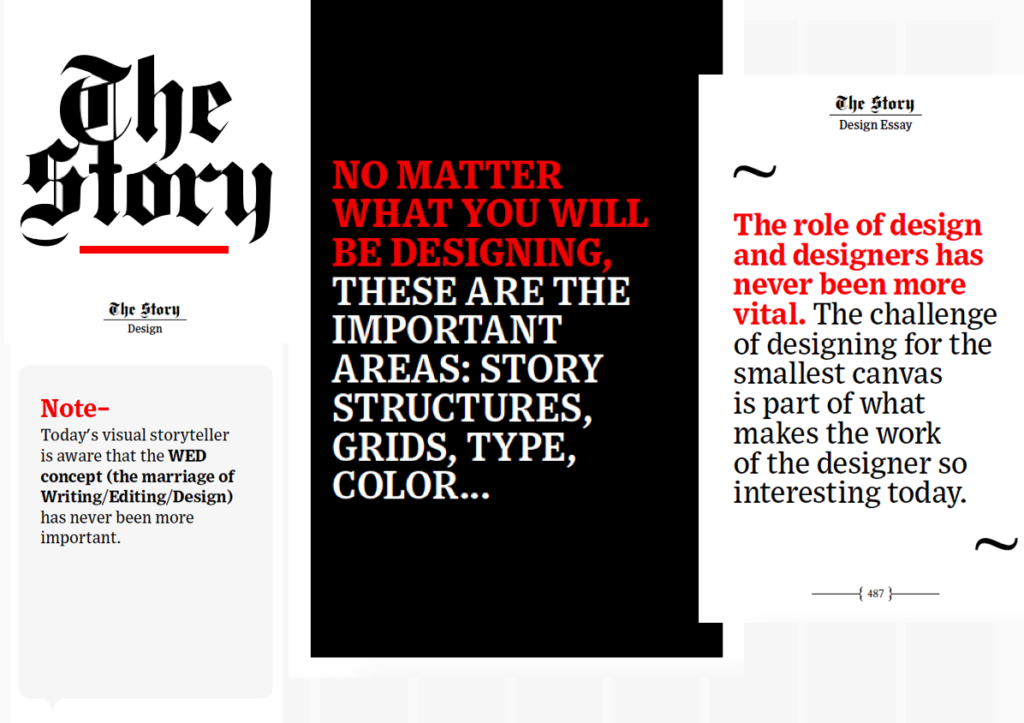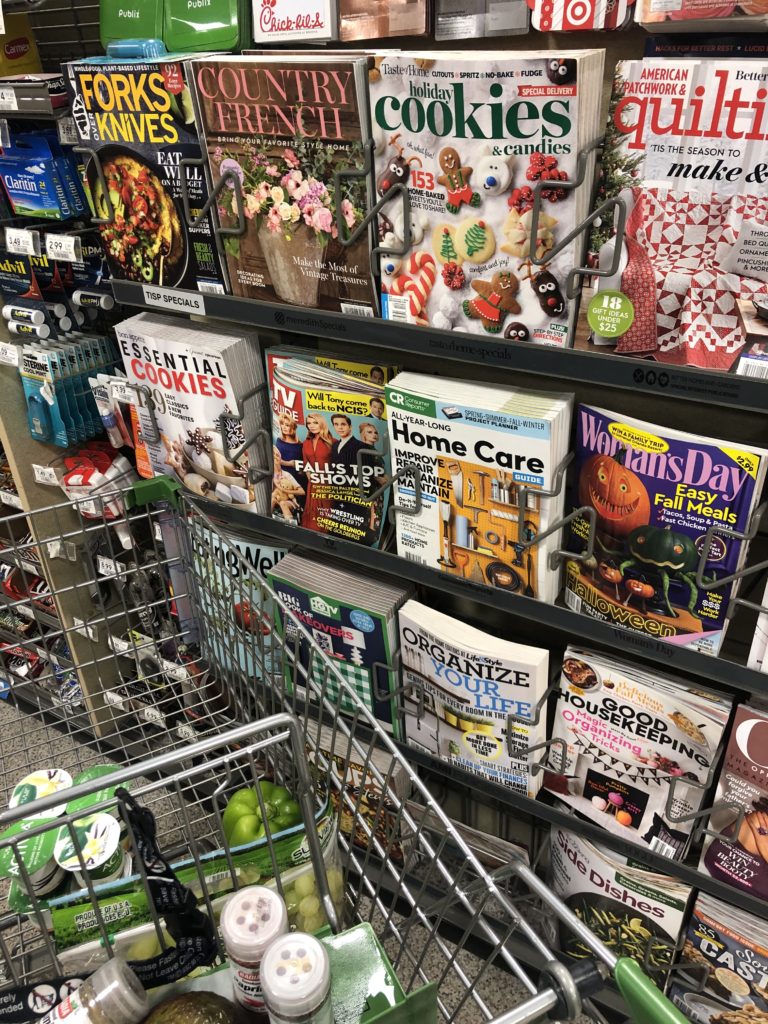
Another victory for digital as Starbucks, supermarkets ditch print!
This is not the kind of news anyone wants to hear. Even those who don’t subscribe to print still enjoy browsing at those headlines! How about digital, electronic boards at checkout?
Two items this week point to sad news for those who like printed products.
Starbucks, everyone’s favorite destination for a latte, no longer sells print newspapers in stores, although it will offer free digital access to some newspaper websites.
In the UK, a large German supermarket chain, Aldi, has announced the removal of print titles from its popular stores. Their removal is reportedly the result of a dispute with distributor Fore UK.
Keep an eye out for how this plays out in the US. Supermarkets on this side of the Atlantic are also getting rid of their newspaper and magazine sections to make space for more profitable wares. These here are at Publix, Florida’s largest supermarket chain, and as I passed them this week, I wondered how long these will be there:
Kroger, which is America’s largest supermarket chain by revenue, will no longer carry free newspapers and magazines as of October 15, after carrying them (and giving local publishers exposure) for 20 years.
I wonder if there is marketing research behind these moves, or is this part of the “nobody reads in print anymore” chant that we often hear everywhere.
I admit that my only print subscription is to the Sunday New York Times, and magazines The Atlantic and The New Yorker. I find myself having had read some of the Sunday print articles BEFORE the printed edition arrives at my doorstep in NY. The same is happening with the magazines. I guess I am an example of the fact that we follow stories and NOT editions, something that editors in many newsrooms need to become comfortable with. Why should I wait to read that story about the Paris Opera that is already online Saturday? Or a Maureen Dowd commentary? We lean forward and lean back constantly on our mobile devices.
However, and this may be a minor point here: sometimes we look at a headline on the cover of a magazine or front page of a newspaper during the supermarket check out process, and make a mental note to read it later.
In that sense, the display of the print titles may be a HOOK to the product’s content.
Rather than make these items disappear totally, would it be wise to have some type of electronic board where customers can sample what’s inside those publications? Just a thought.
I imagine someone is already thinking of digital check out promo boards, perhaps you can even touch the screen and catch a little story or two while waiting your turn. Obviously, nobody would be reading text, so the publications would prepare “content trailers” with heads, photos, videos.
Print may disappear from these places, but the audience’s interest in news has never been higher. I see fertile ground for content promotion right at the supermarket——and at Starbucks, too. I imagine a miniature of what Times Square big screens do: to entice, to seduce visually, to make you want to buy the product or see the show:
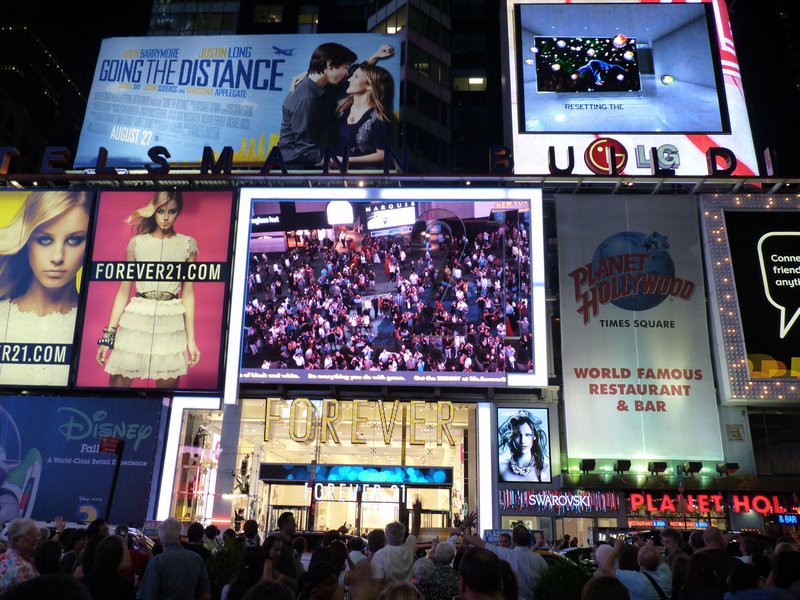
Read more about it here
Starbucks, no longer selling print newspapers in stores, now offering free digital access to several newspaper websites
Starbucks customers using the free in-store Wi-Fi at the coffee giant’s more-than 8,500 company-owned stores will have complimentary digital access to the Chicago Tribune, The Wall Street Journal, USA Today, The Seattle Times, The Baltimore Sun, Orlando Sentinel and New York Daily News. Those news sites typically have paywalls that require readers to buy a subscription after reading a certain number of articles.
“We are removing the publication racks from our stores because more publications continue to shift to digital formats, resulting in less customers using the products,” a Kroger rep told Memphis Business Journal.
From Monocle Weekend
THE INTERROGATOR / EDITION 30
Mario García
Editorial consultant Mario García has advised the most important newsrooms in the world on design – and how best adapt to a digital transition. More than 700 publications, from The Wall Street Journal to the South China Morning Post, have received his strategic steer. Other than being an adjunct professor at Columbia University’s School of Journalism, he also runs his own consultancy firm: García Media. Nowadays his speciality is how digital devices influence narrative structure and consumption; his latest book, The Story, was written specifically to be read on a phone. Here, though, he confesses to a few analogue pleasures.
What they are saying about The Story!
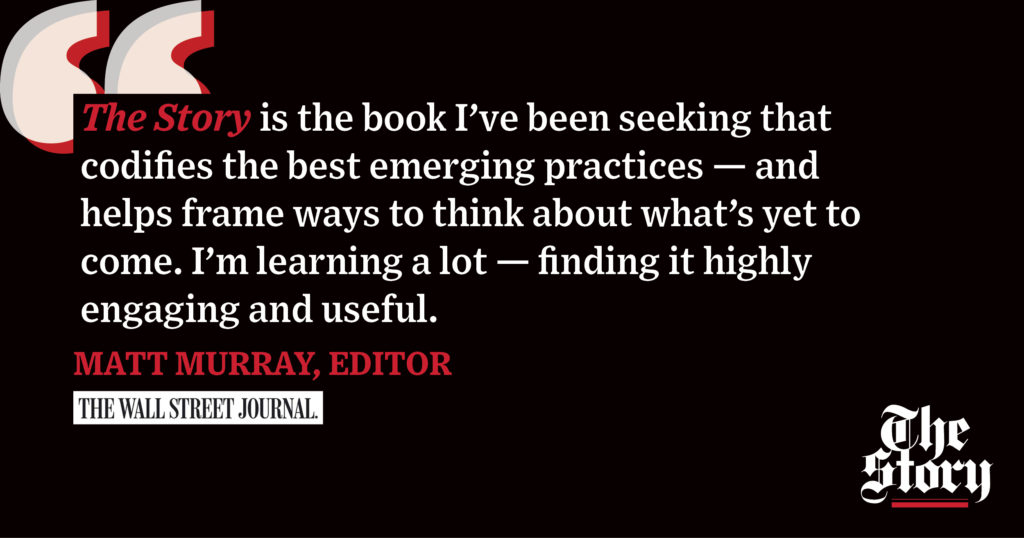
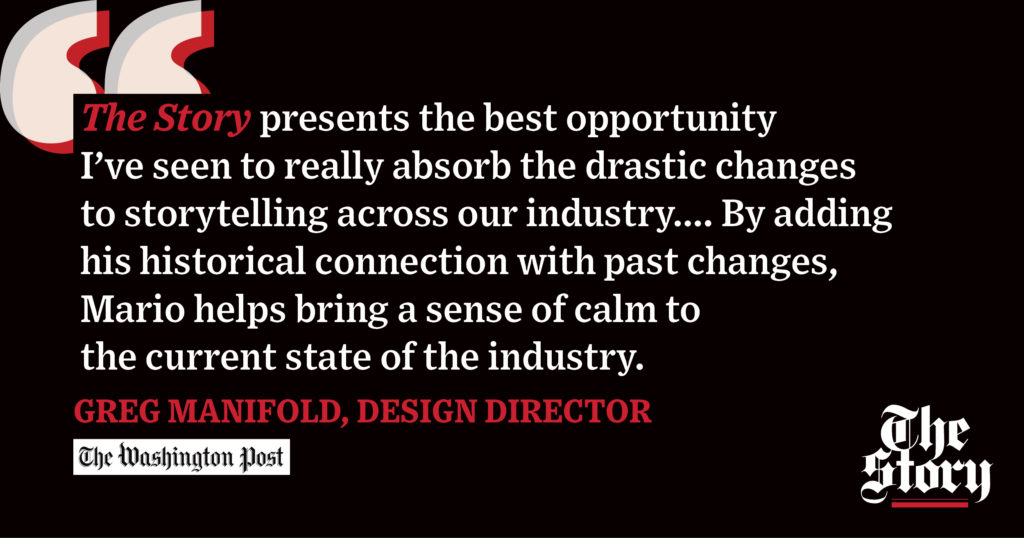
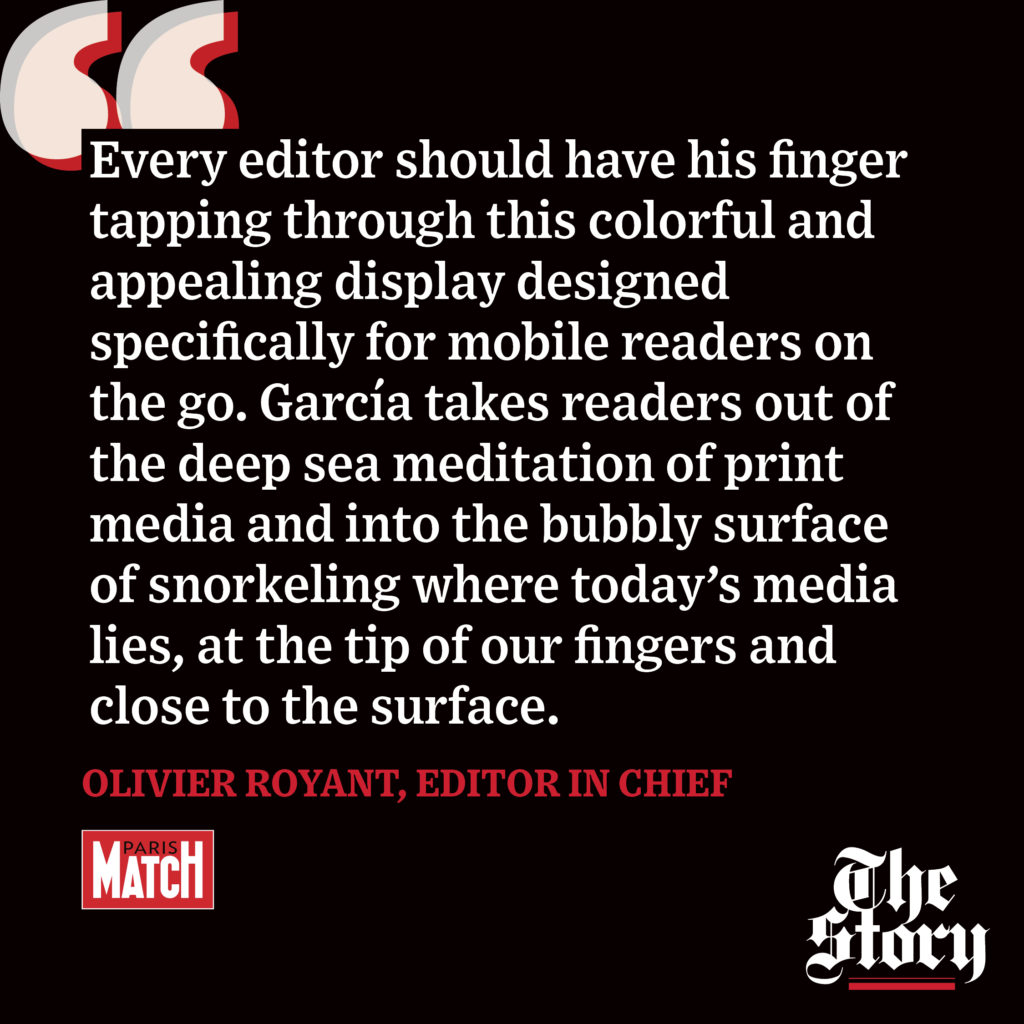
The Story is here!
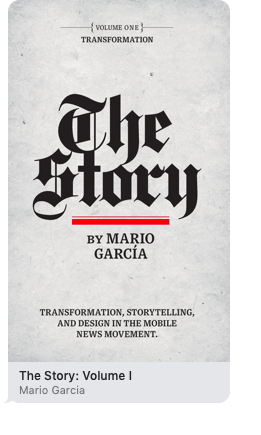
You can now download my new mobile storytelling book, The Story, from Apple Books at $6.99
This is Book 1 of a Trilogy! The other two books coming soon.
https://books.apple.com/us/book/the-story-volume-i/id1480169411
The newspaper remains the most powerful source of storytelling on the planet. But technology threatens its very existence. To survive, the Editor must transform, adapt, and manage the newsroom in a new way. Order The Story by Mario Garcia, chief strategist for the redesign of over 700 newspapers around the world.
My chat with in Monocle Radio
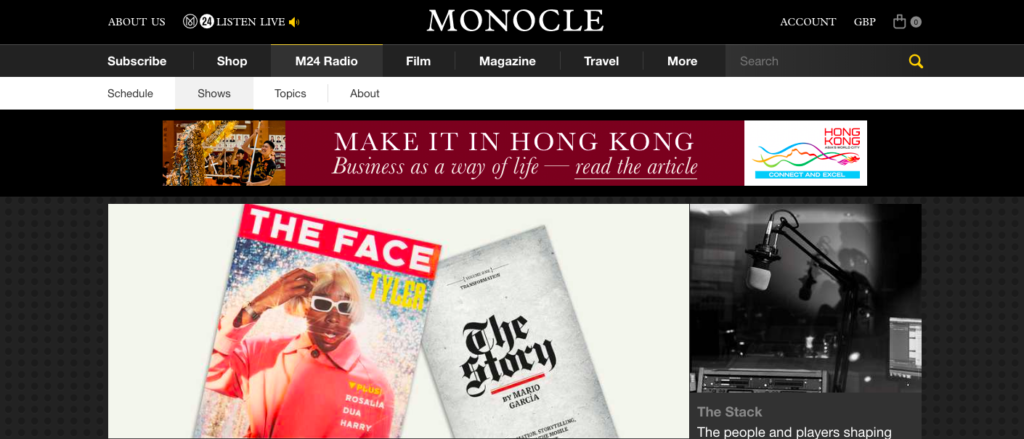
Listen to my chat in Monocle Radio’s The Stack: Latest episode‘The Face’ and ‘The Story’:We welcome the return of the print version of ‘The Face’ and talk to legendary newspaper designer Mario Garcia about his latest book, ‘The Story’.
https://monocle.com/radio/shows/the-stack/368/play/
My interview with CNN en Español
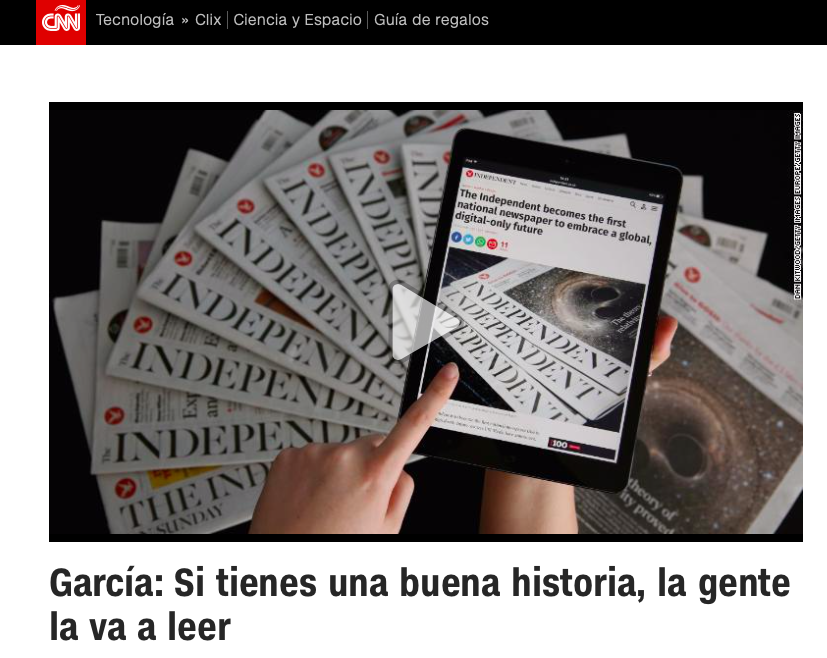
I was a guest in the program Encuentro, hosted by Guillermo Arduino daily at CNN en Español. The interview was about how we read on mobile devices and my introduction of my new mobile storytelling book, The Story, to a Spanish-language audience.
Mario’s speaking engagements
October 25, 2019

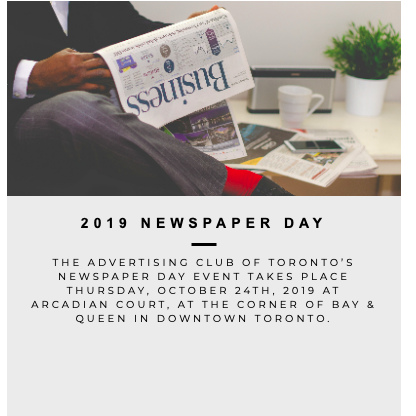
Keynote Luncheon Speech: Ad Club of Toronto, Newspaper Day
November 12, 2019

Keynote presentation: Business Information & Media Summit (BIMS).
November 20, 2019
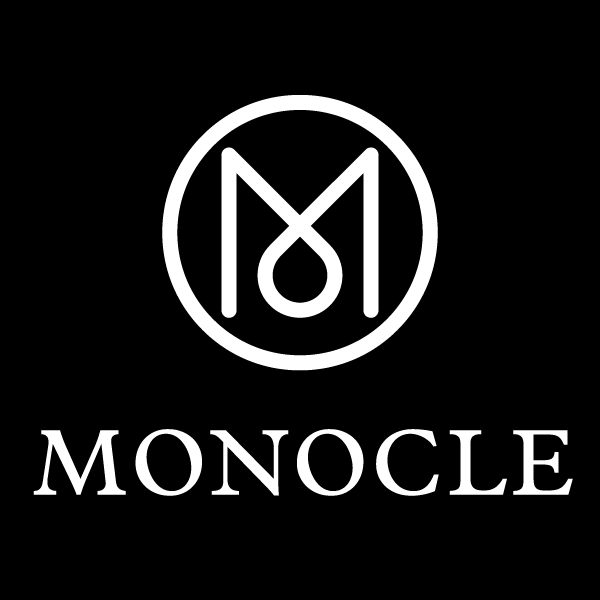
Presentation of The Story in Zurich, Switzerland, at launch party (by invitattion only). Sponsored by Monocle The Stack.
Order print edition of The Story
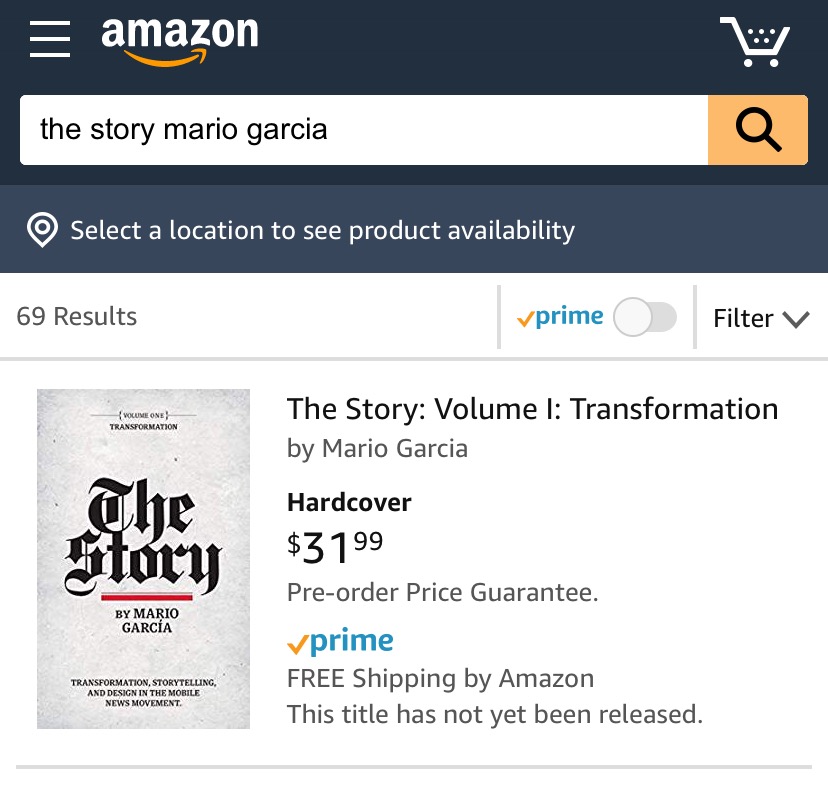
You can order the print edition of my new mobile storytelling book, The Story, from Amazon already here:
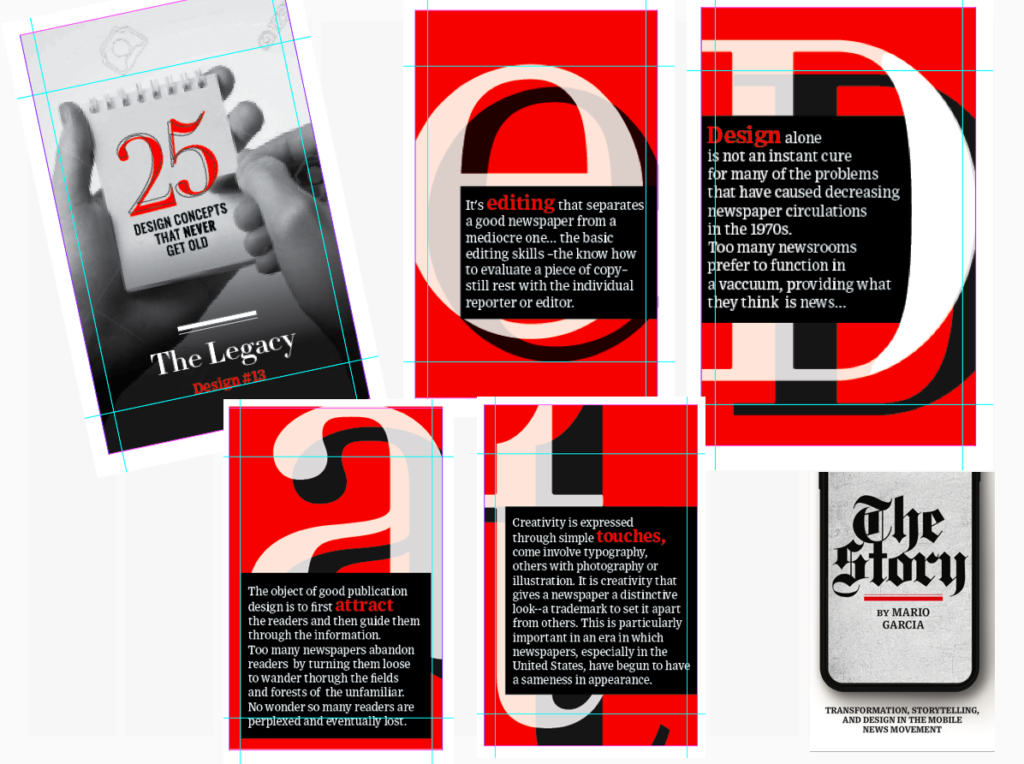

An interview of interest
http://www.itertranslations.com/blog/2019/3/11/fd60ybflpvlqrgrpdp5ida5rq0c3sp
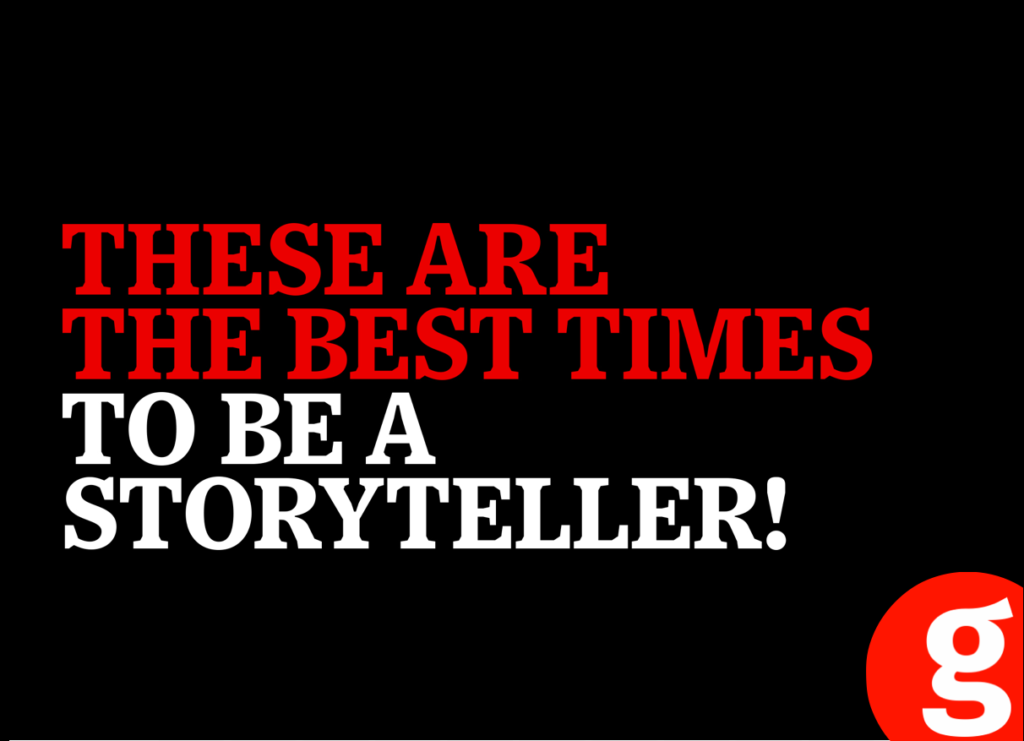
TheMarioBlog post # 3133
